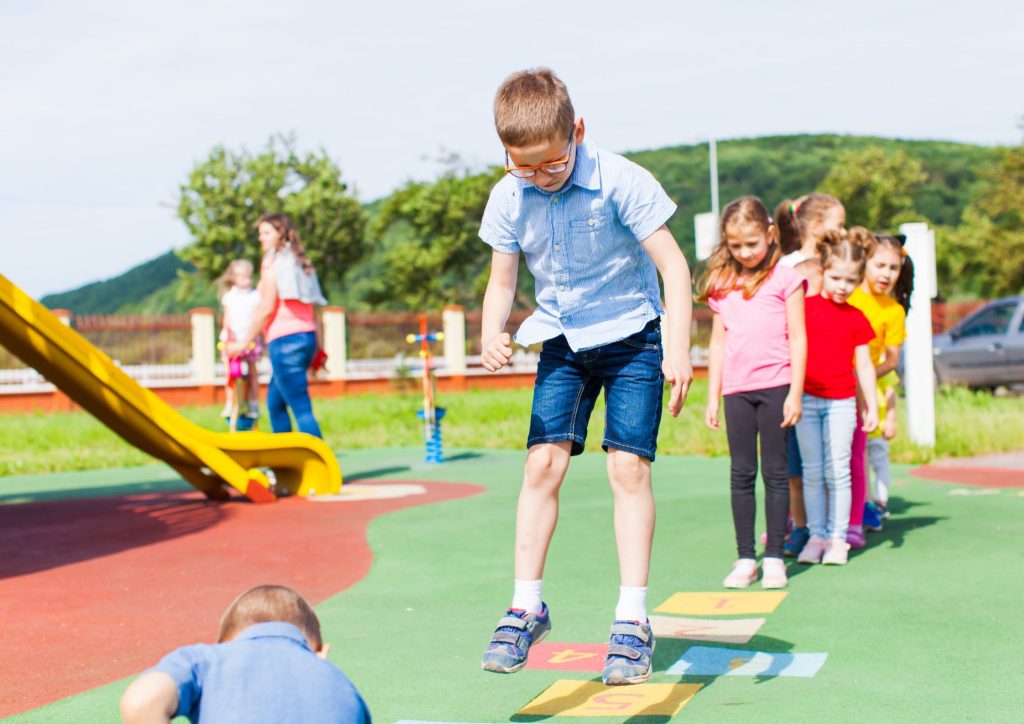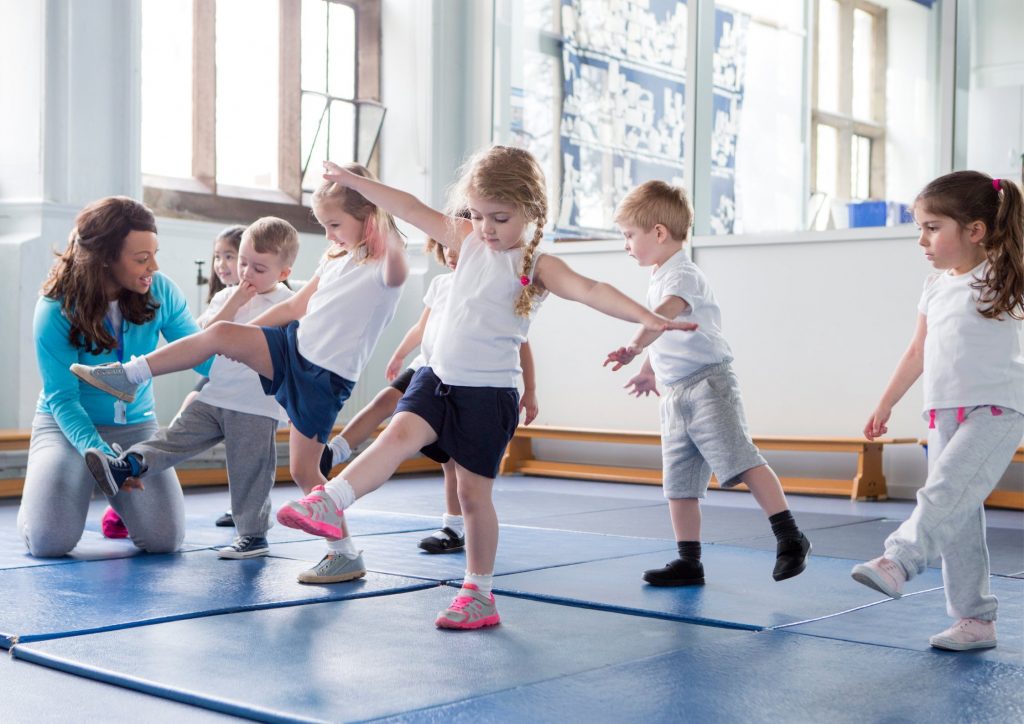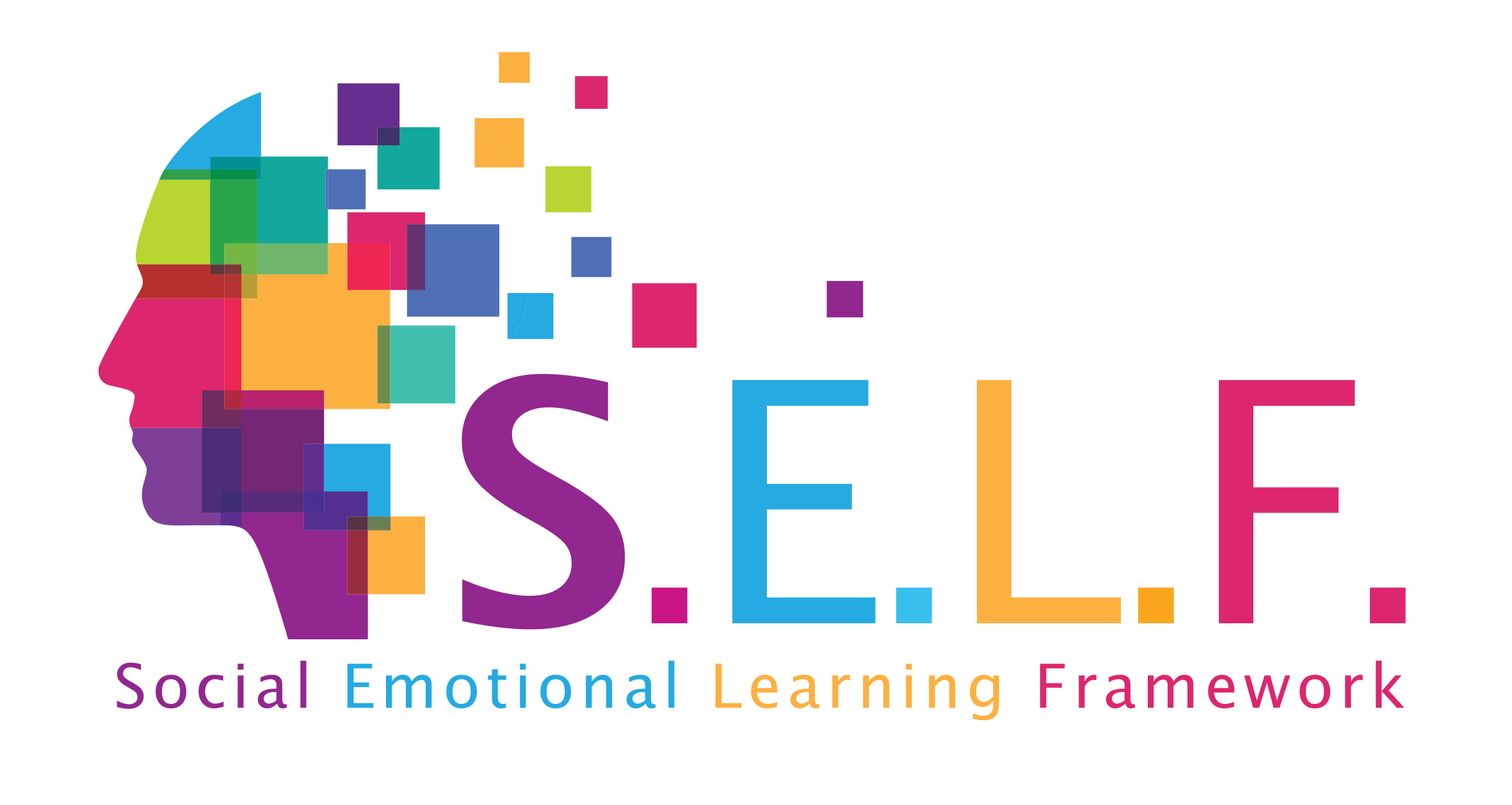PHYSICAL EDUCATION
What Is Physical Education?
Why Is It Important?
Best Practices
What Is Physical Education?

Physical education provides students with many opportunities for socio-emotional development and prosocial learning. It enables the development of such skills as effective communication, taking responsibility, decision making and goal setting along interpersonal and collaborative activities.
In addition, physical education teaches students different strategies such as leadership, collaboration, and teamwork in order to help them manage individual challenges.
In physical education lessons, socio-emotional development can be improved in different ways. For example, if a student wants to be a seeker in hide-and-seek, s/he learns to wait until his/her turn; or a student needs to learn how to control his/her feelings and not to give up in a competitive game. These acquired skills are used not only in the class environment, but also in everyday life.
For more information:
Why Is It Important?

Students develop abilities, strength, and self-discipline as a fully integrated member of the society through physical education and sports, a fundamental dimension of education and culture. Physical education strengthens and enhances social relationships at the community level. Sports incorporate a set of moral values and rules. It also strengthens mutual respect and friendships. This way, physical education provides the students with the opportunity to develop socio-emotional skills.
Students may experience some failure in team games or individual activities. Defeats can be used as an opportunity for students to learn how to deal with failure. At this point, the students can learn how to deal with failure, both with the help of their teacher and classmates.
Physical education provides the students with the opportunity to develop self-control skills. After a physical activity in a lesson, students notice and learn to control their emotions such as excitement or anger. In addition, if students set a goal for themselves in a sports branch, work towards that goal and learn from their mistakes, then they can develop self-control skills.
In team games, students practice decision making by remaining true to ethical standards and social rules – both for themselves and others – as well as respecting different opinions, communicating effectively, and avoiding conflict. Students try to cope with the challenges they encounter in team games. In such cases, team games strengthen social relationships by encouraging cooperation and building positive relationships.
